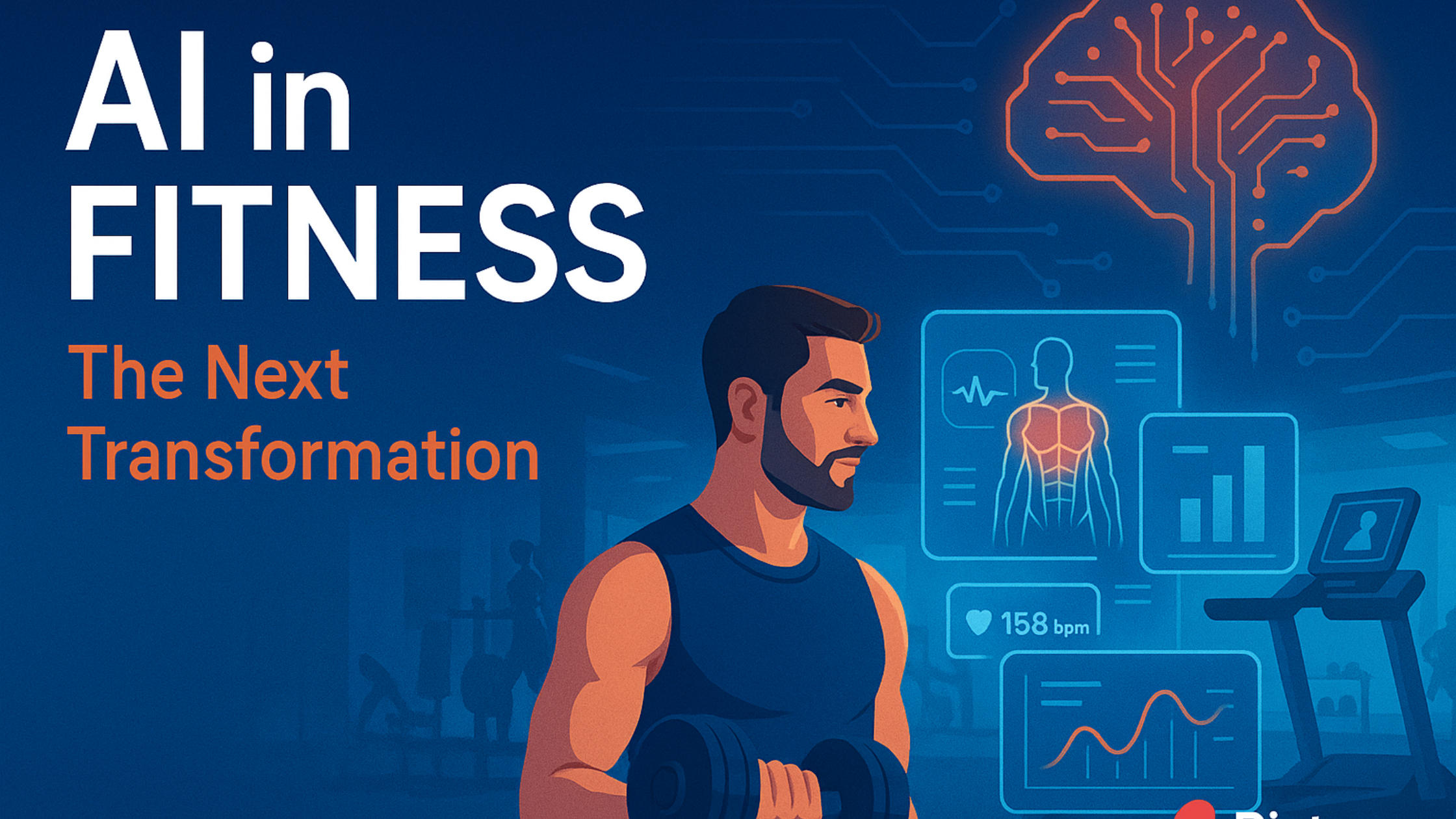In today's rapidly evolving business landscape, Artificial Intelligence (AI) has transitioned from a futuristic concept to a fundamental business tool. Organizations across the globe are increasingly looking to leverage AI, and more specifically, Generative AI (GenAI), to innovate, enhance operational efficiency, and maintain competitive advantage. Implementing AI across an entire organization, however, presents a unique set of challenges and opportunities. This article aims to guide you through the best practices for seamlessly integrating GenAI into your organization, ensuring its adoption is as effective and transformative as it promises to be.
Understanding Generative AI
Before diving into implementation strategies, it's crucial to grasp what Generative AI entails. GenAI refers to the subset of AI technologies that can generate new content, predictions, or decisions based on the data it has been trained on. This includes everything from natural language processing tools, like GPTs (Generative Pre-trained Transformers), to image generation and beyond. These technologies have the potential to revolutionize how businesses operate, from automating customer service interactions to creating personalized marketing content at scale.
Strategic Planning and Goal Setting
The first step in implementing GenAI across your organization is strategic planning and goal setting. This involves identifying specific business areas where AI can have the most significant impact. Whether it's enhancing customer experience, streamlining operations, or driving innovation, having clear objectives is crucial. This phase should involve stakeholders from across the organization to ensure that the AI implementation aligns with broader business goals and addresses real needs.
Building Organizational AI Literacy
For AI to be successfully adopted organization-wide, a certain level of AI literacy is required among the workforce. Educating employees on the basics of AI and its potential applications within their specific roles can demystify the technology and foster a culture of innovation. Consider organizing workshops, training sessions, and providing resources that empower employees to explore how AI can enhance their work.
Choosing the Right Technologies
With a myriad of AI technologies available, selecting the right tools is paramount. This decision should be informed by the specific use cases identified during the planning phase. It's also essential to consider the scalability, integration capabilities, and support offered by potential technology providers. Opting for platforms that offer flexibility and can grow with your organization will ensure long-term success.
Data Management and Governance
The effectiveness of GenAI is heavily dependent on the quality and quantity of data it has access to. Implementing robust data management practices and governance policies is critical. This includes ensuring data accuracy, privacy, and security, as well as establishing clear guidelines for data usage and access. A well-structured data ecosystem not only enables effective AI training but also ensures compliance with regulatory requirements.
Pilot Projects and Scaling
Starting with pilot projects can allow your organization to test and learn from AI implementations in a controlled environment. This approach enables the identification of potential challenges and adjustments needed before a full-scale rollout. Once a pilot project demonstrates success, the learnings can be applied to scale the AI solutions across other areas of the business, gradually expanding its impact.
Continuous Learning and Adaptation
The AI landscape is continuously evolving, with new advancements and tools emerging regularly. To keep pace, organizations must adopt a mindset of continuous learning and adaptation. This includes regularly reviewing AI strategies, staying informed about the latest technologies, and being open to adjusting approaches as needed. Encouraging a culture of innovation will ensure that your organization remains at the forefront of AI implementation.
Conclusion
Implementing AI across an entire organization is a journey that requires careful planning, commitment, and adaptability. By following these best practices, organizations can harness the power of GenAI to transform their operations, enhance customer experiences, and drive unprecedented levels of innovation. Remember, the goal is not just to adopt AI for the sake of technology but to leverage it as a strategic tool that propels your organization forward in the digital age. As you embark on this journey, keep in mind that the success of AI implementation lies not just in the technology itself, but in how well it is integrated into the fabric of your organization, supporting and enhancing the work of every employee.












